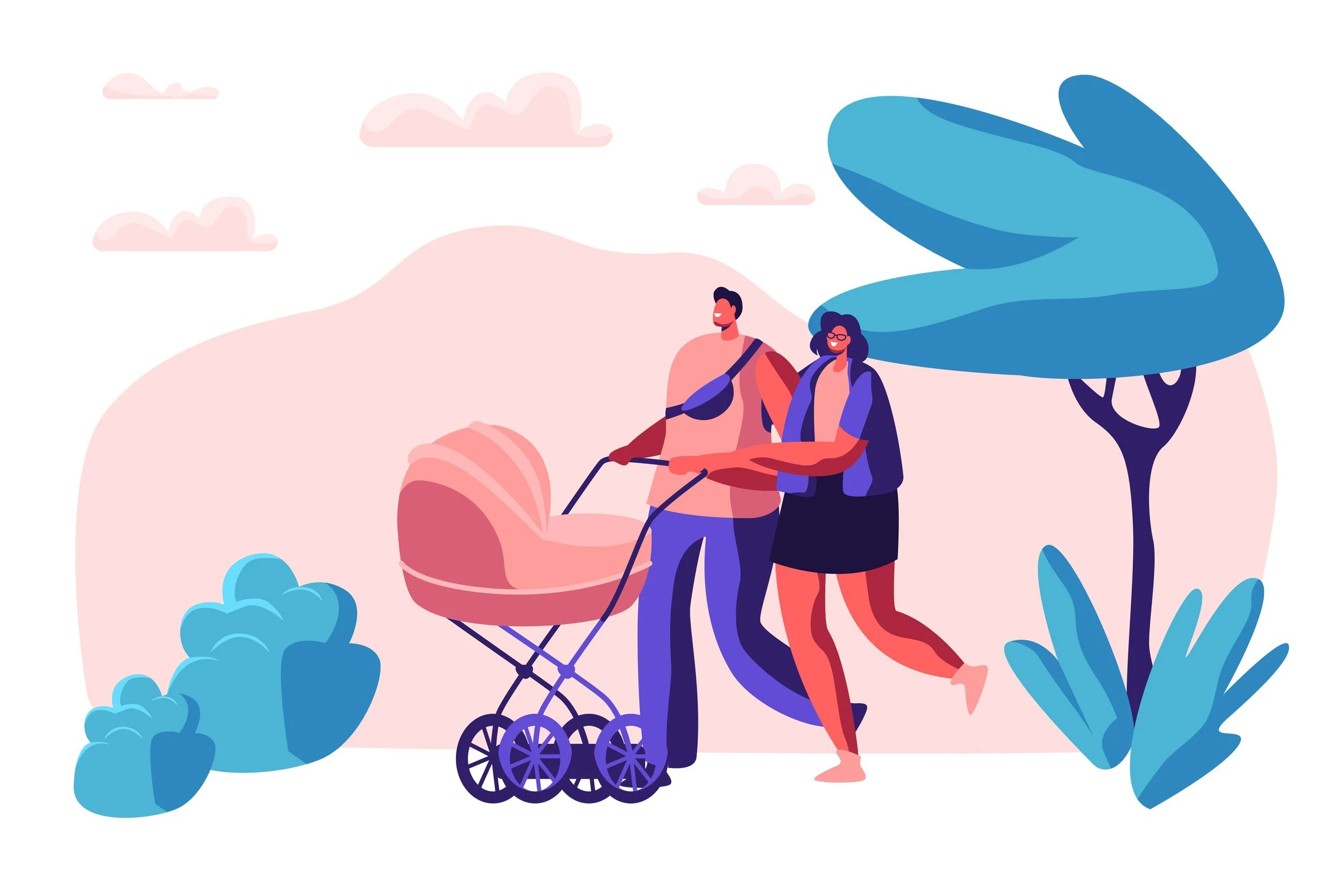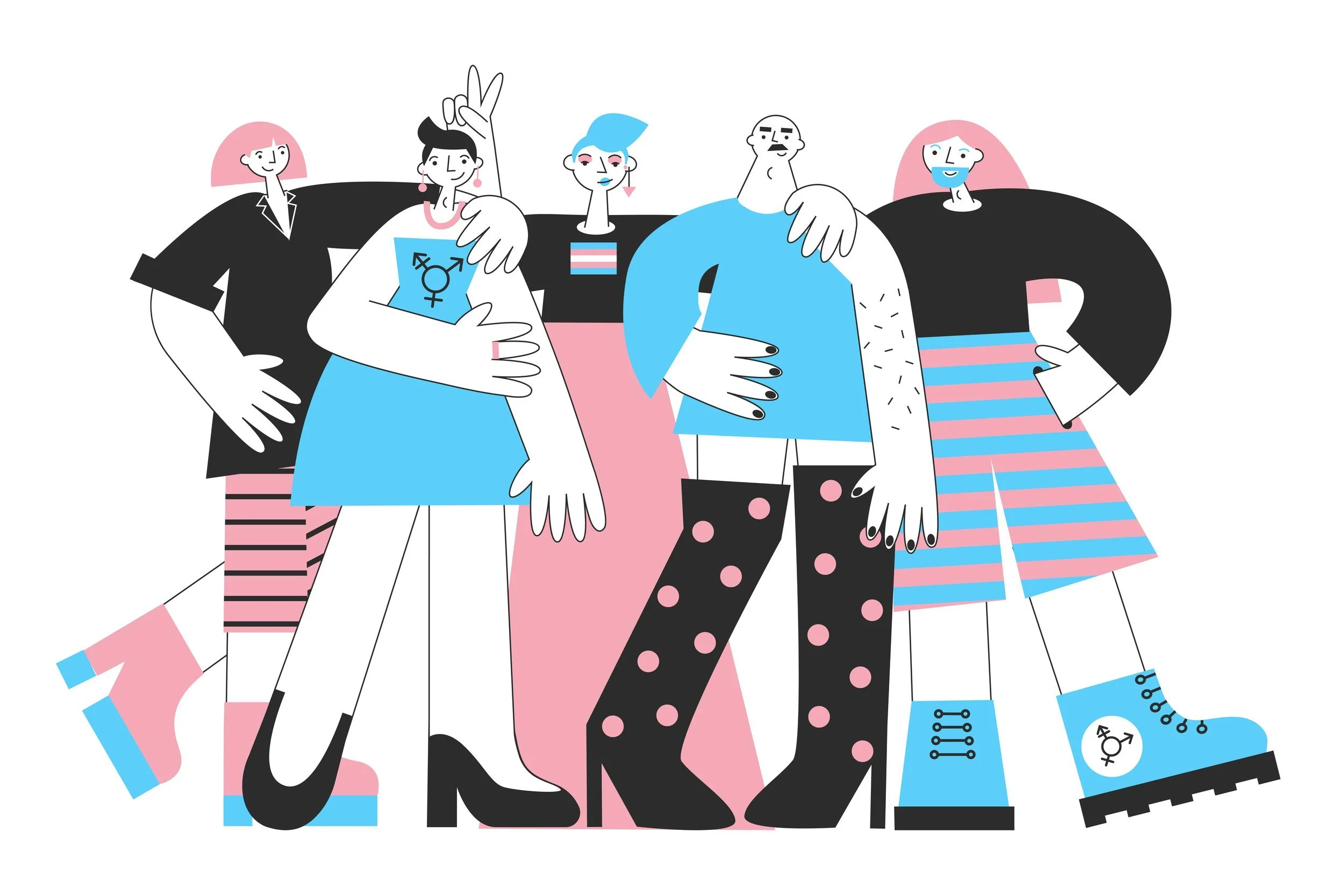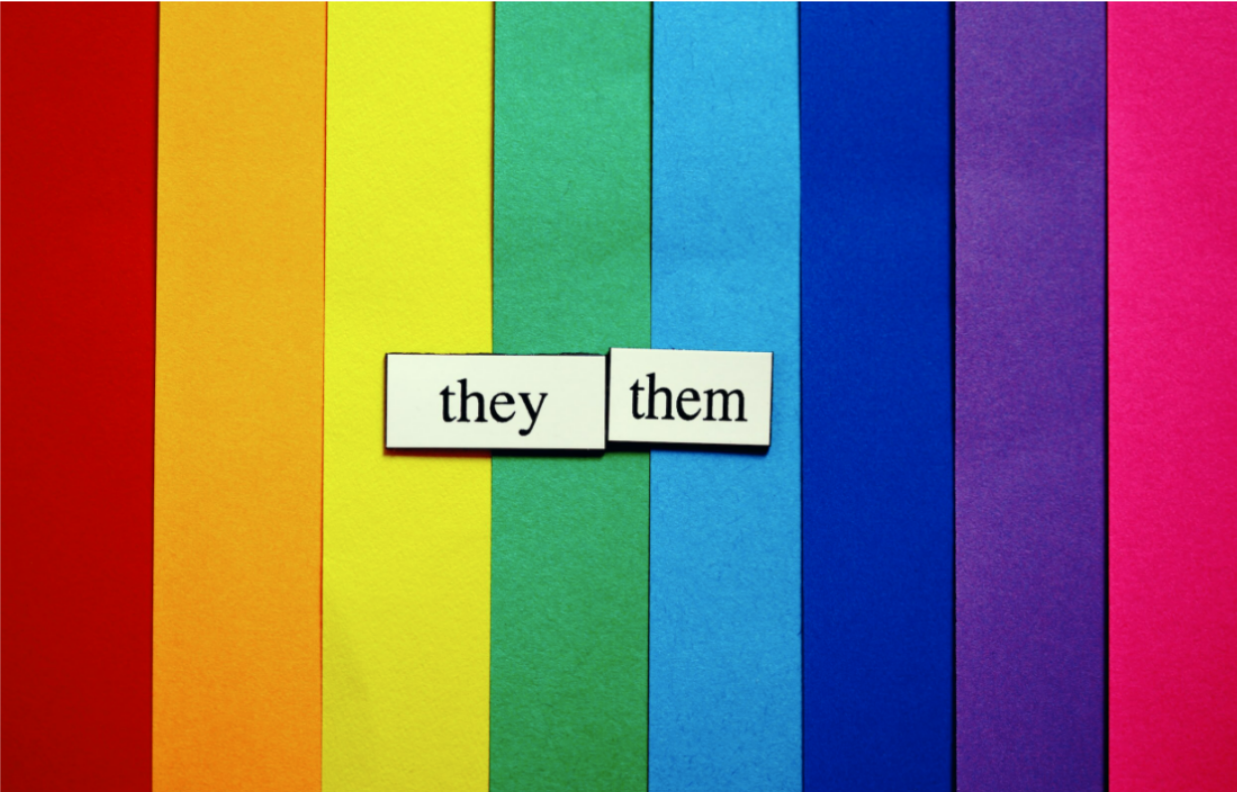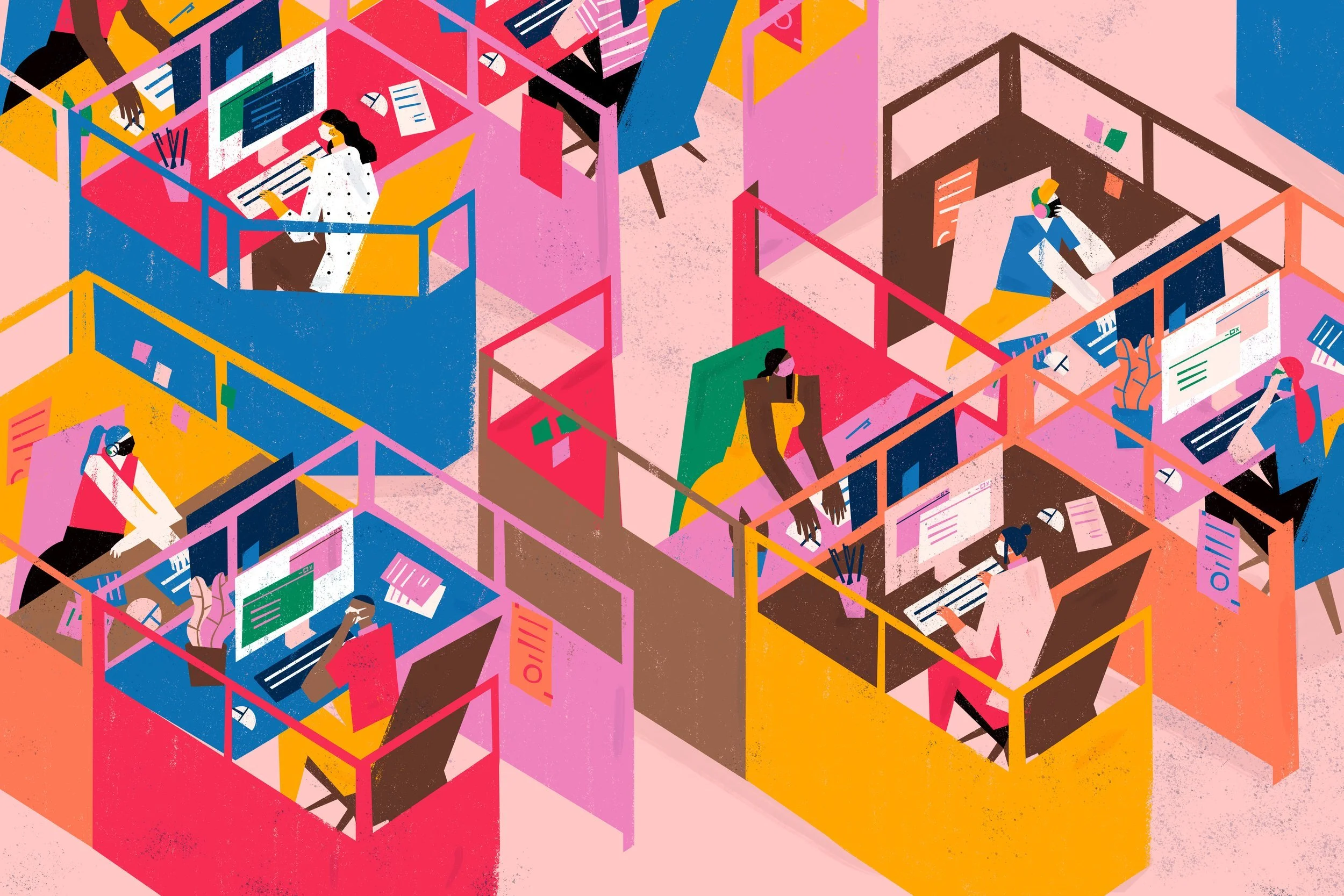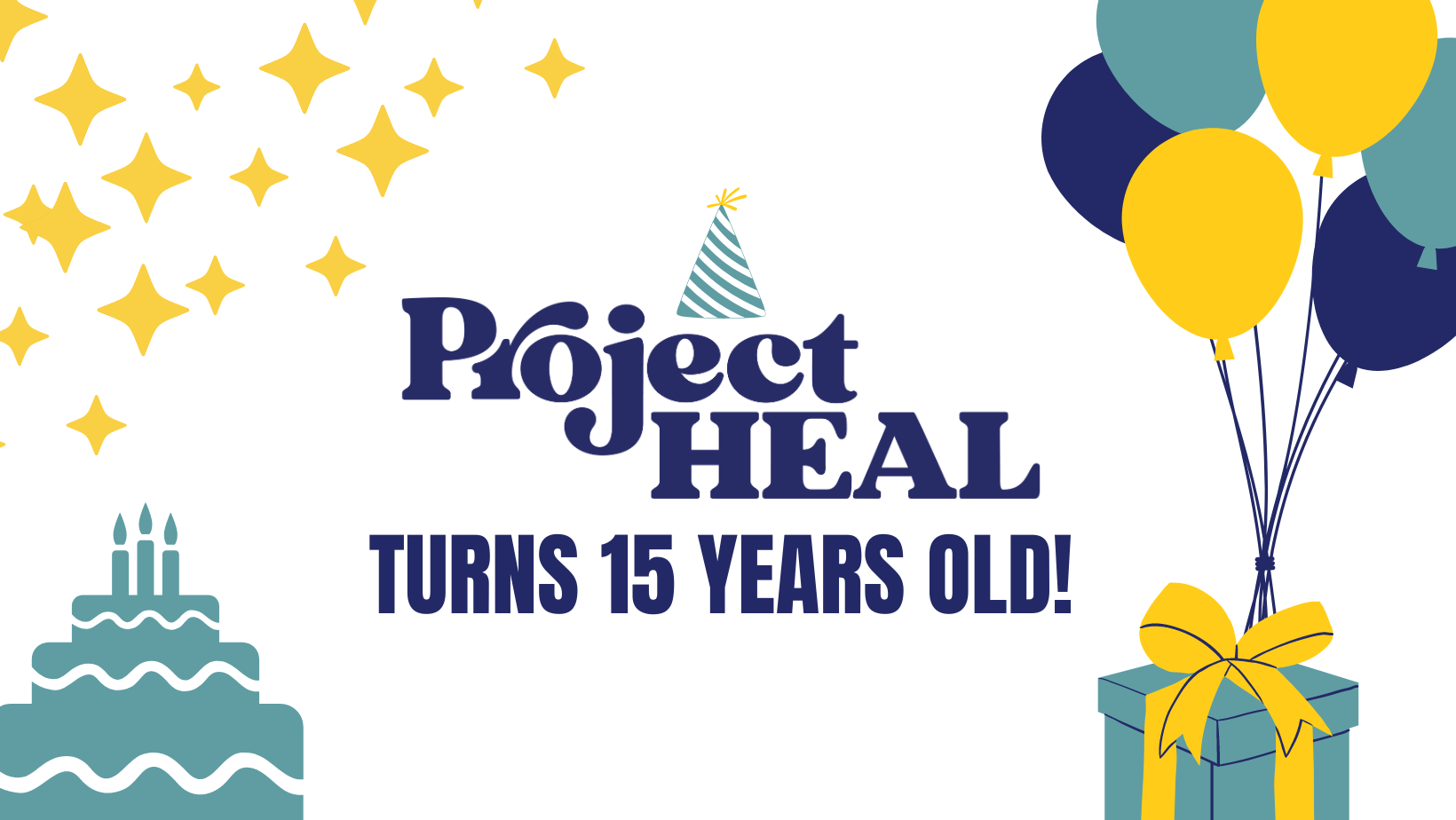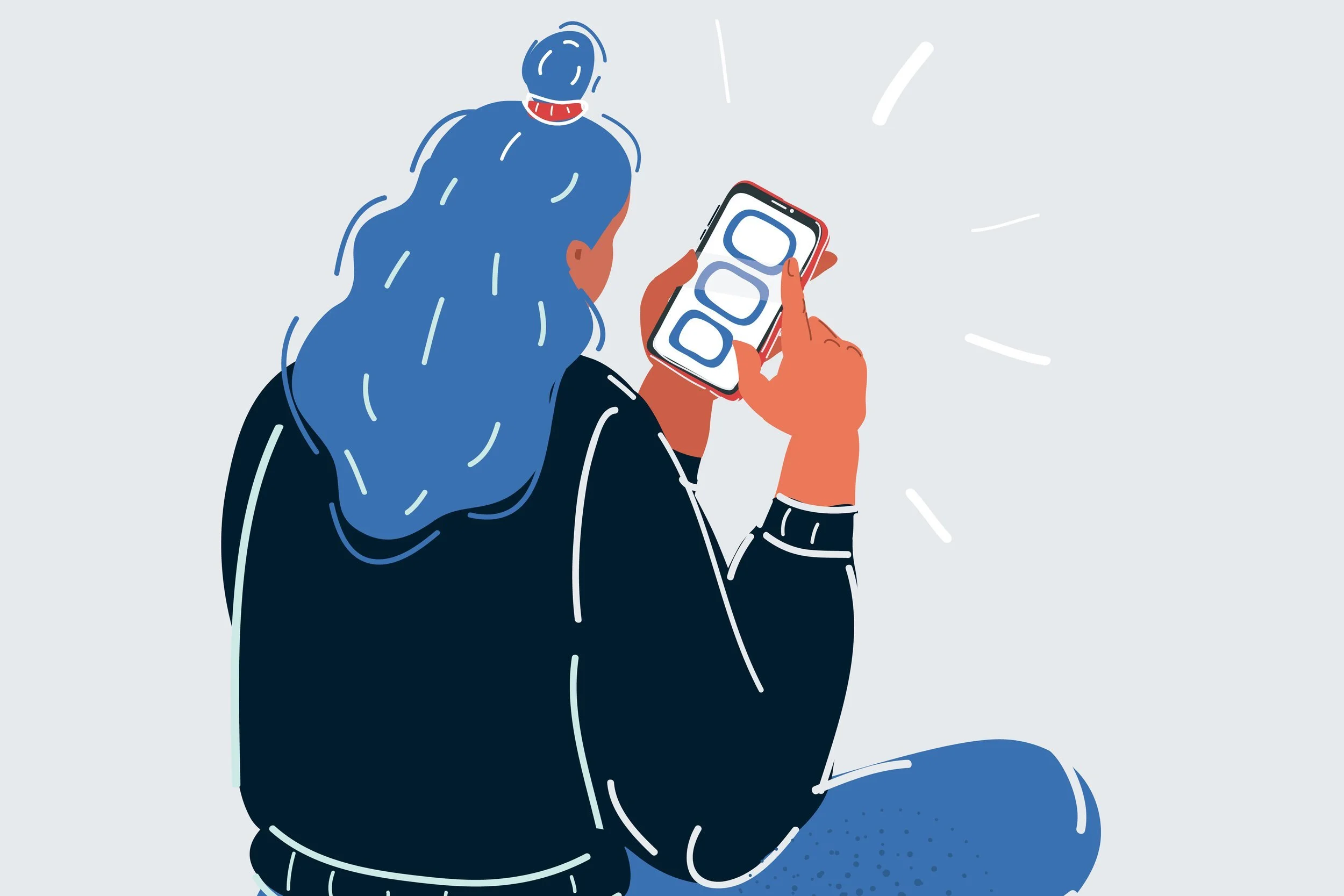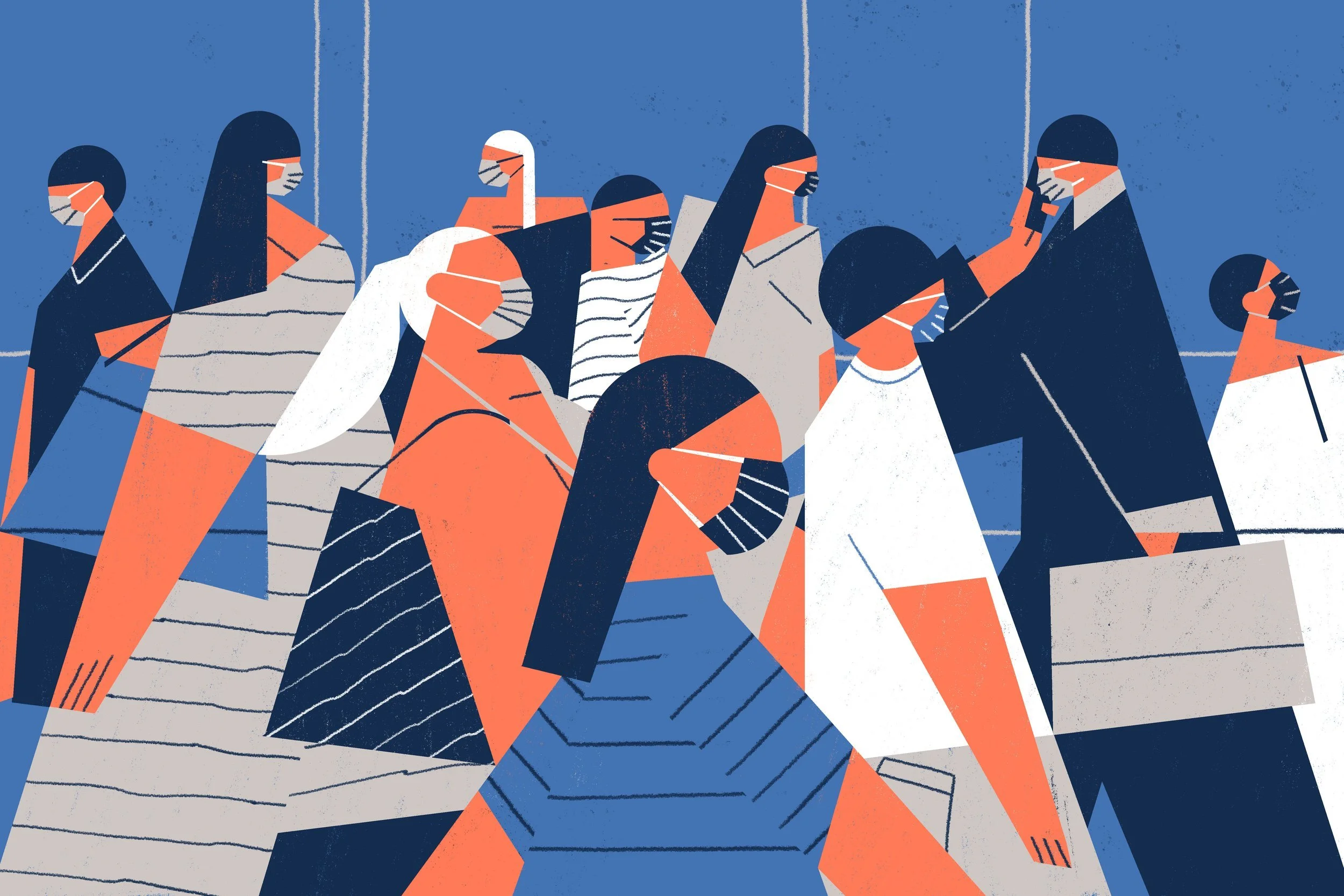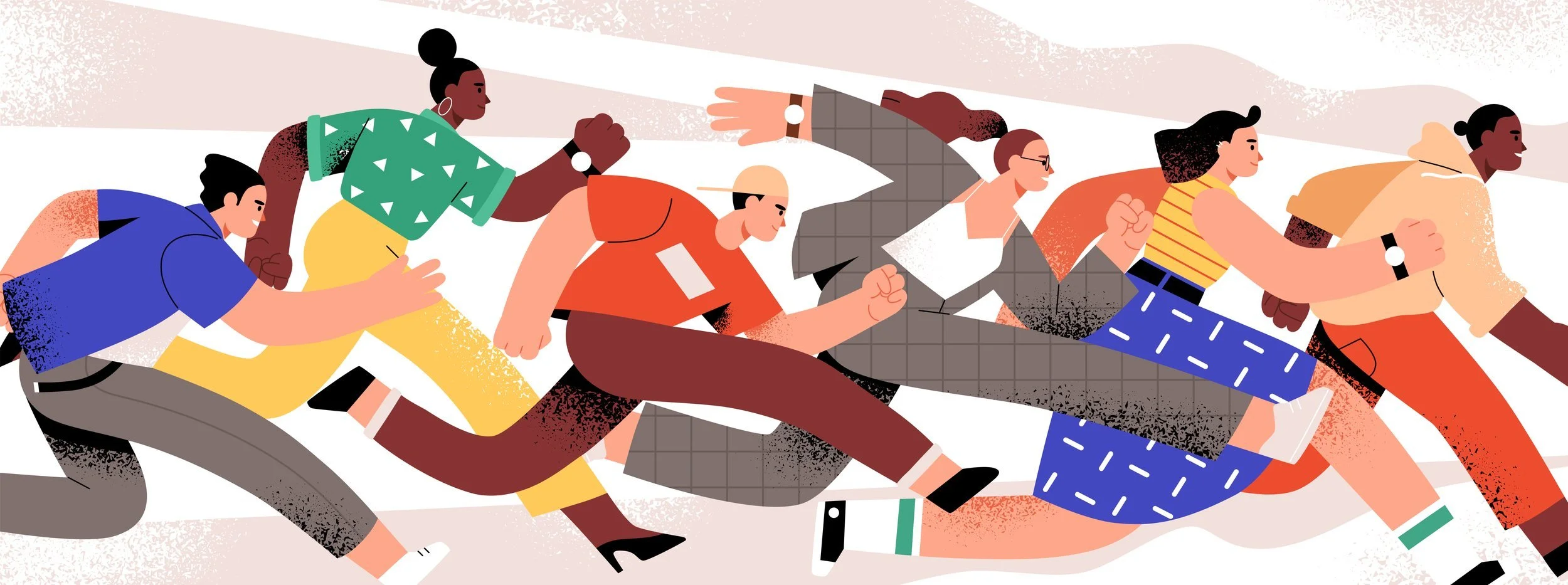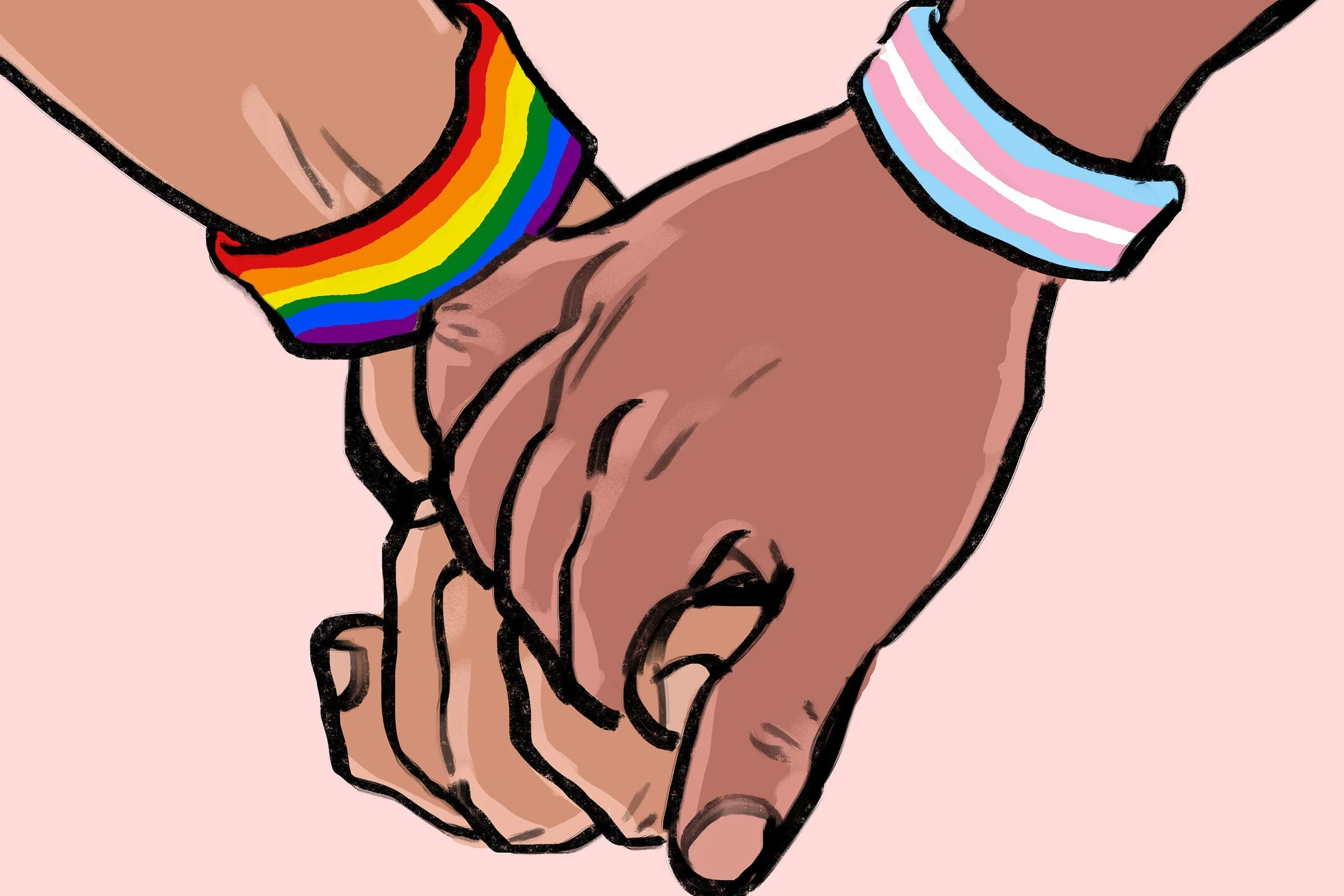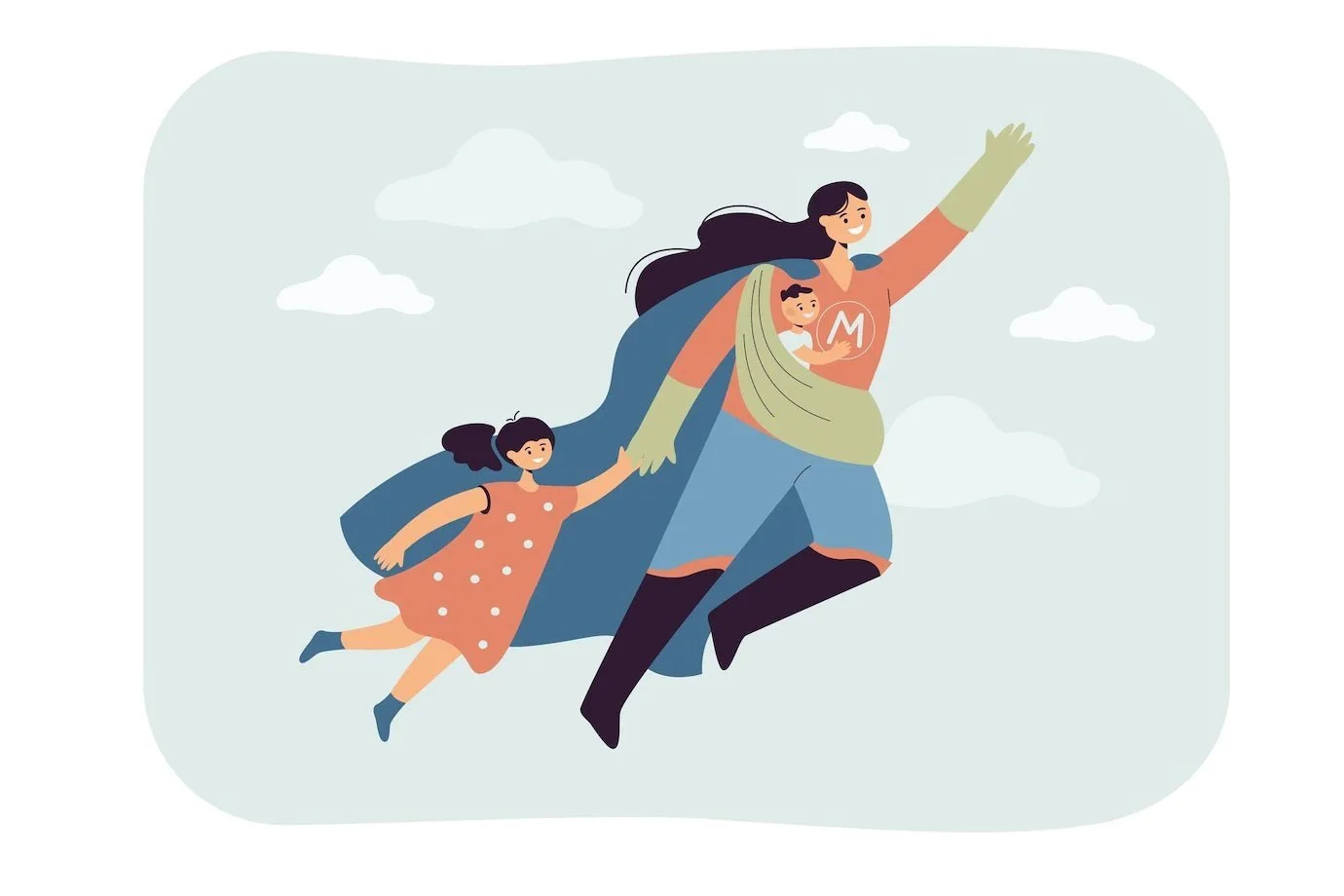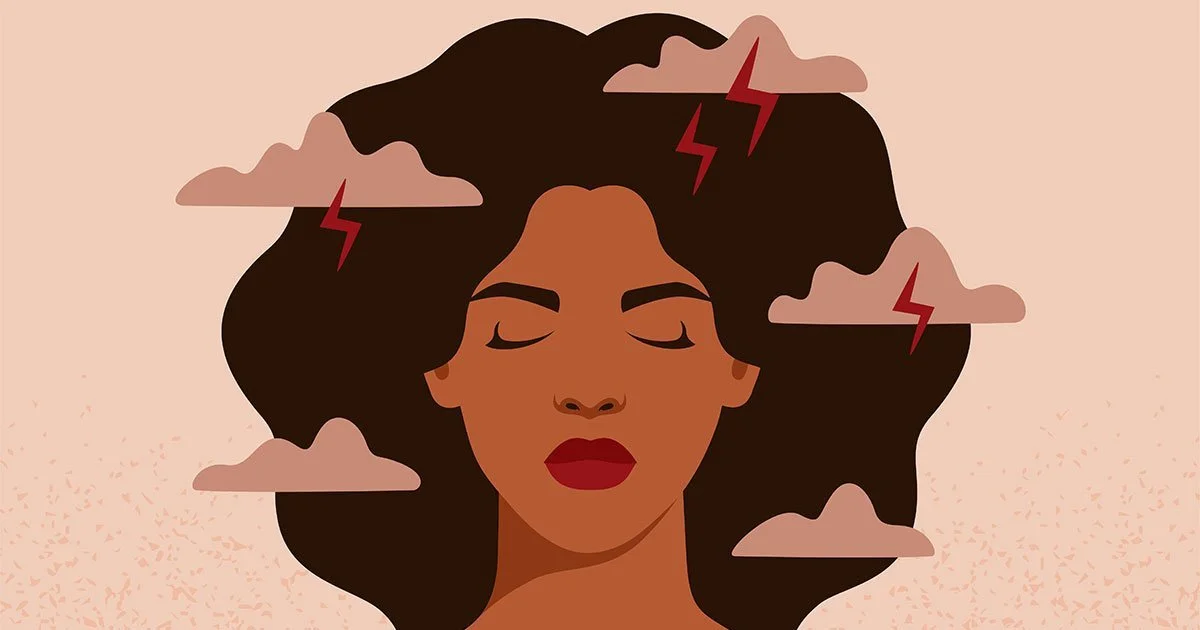Finding Meaning in the Chaos: A Collection of Recovery Poems
Using poetry, Al aims to unite all different kinds of people who share his same struggle with disordered eating. Despite differences in languages, cultures and lifestyles, he hopes readers will feel encouraged by his words and know they’re not alone.
Four Lessons on Fatherhood and the Emotional Consequences of Male Infertility
Dr. Ajay K. Nangia and his wife’s personal experience with infertility proved to be a turning point in his career, as his specialization in male infertility led him into private practice and then to become one of few male infertility specialists in New Hampshire at Dartmouth Hitchcock Medical Center. There he researched and documented the emotional consequences of infertility in men, especially how body image and eating disorders can play a role in the process. Read his story and his four overarching lessons.
I Am Not Too Much and I Am Trans Enough
Heart’s journey through body dysmorphia and dysphoria has been long and hard. Today, he loves his body and is proud to be visible.
Navigating Eating Disorder Treatment as a Nonbinary Queer Person: Partnering Toward LGBTQ+ Inclusive Care
This World Eating Disorders Action Day, guest blogger and Project HEAL friend Eric Dorsa calls all providers to join them in building more inclusive and affirming eating disorder treatment for LGBTQ+ people. In partnership with Project HEAL and Eating Recovery Center, Eric shares their experiences as an LGBTQ+ person in recovery and invites you to attend the Out Loud Pride Summit happening virtually on June 9, 2023.
Shooting My Shot at Joyful Movement in Recovery
Colleen McAteer blogs about healing her relationship with movement, and rediscovering the joy of playing basketball non-competitively.
Action for Mental Health Means Weight-Inclusive Workplaces
Project HEAL’s Marketing and Communications Manager, Serena Nangia, does a deep dive into the history and modern-day impacts of Fatphobia in the workplace, provides action items for employers, and shares about recent weight-inclusive progress.
Tea for Two: Generational Hope and Healing
Renée Mettes speaks to the experience of watching her mother struggle with an eating disorder, and how she became determined to break the familial cycle by choosing to prioritize her son over her own eating disorder.
15 Years of Project HEAL from Co-Founder Kristina Saffran
Kristina Saffran reflects back on the 15 years since she co-founded Project HEAL, how much Project HEAL has grown, and how her own recovery has impacted her life in unimaginable ways.
That “Clean Eating” Trend is Glamorizing Eating Disorders
Orthorexic behaviors can hide behind health-focused social media trends. Megan Bazzini dives into the harm that such trends have on our mental and physical health.
Collective Trauma and COVID-19
It’s vital that we identify and recognize that the COVID-19 pandemic is an ongoing traumatic event, even as President Biden and others have declared the pandemic itself “over.” Chris Hill shares resources for recognizing trauma and PTSD, and guidance for how to cope and heal.
Men Struggle with Eating Disorders Too and Stigma Deters Treatment
Steve Chamberlin reflects on 40 years with an eating disorder and the gendered and cultural barriers that prevented him from getting help.
The Thoughts That Keep Us Trapped
Sari Meltzer, a clinical therapist, provides an example of how to use Socratic questioning and fact-checking to treat negative thoughts and beliefs.
I’m Sorry I Ever Loved You
Joey Lubelfeld shares a poem they wrote about their eating disorder and choosing healing.
Tattoos as Body Reclamation
Our National Blog Manager Volunteer, Tara Criscuolo, talks about how tattoos have become an important practice of bodily autonomy, self-expression, and way of reclaiming her power from her eating disorder, parents, and society at large.
"Straight Thin But Gay Fat" and Other Harmful Stereotypes I've Unlearned
The gay community is many wonderful things, but it also has some harmful beauty standards. Guest blogger Micah Bidner speaks to the unrealistic body expectations, his descent into an eating disorder, and then how he learned to accept himself and embrace recovery with the support of his friends, family and treatment team.
Full Circle: How Motherhood Helped Me Heal
Amy Schaugaard shares how motherhood was a primary motivator for her to recover, and how becoming pregnant gave her a brand new appreciation for her body.
From Fragile to Fearless
Kelsey Grimes beautifully likens early eating disorder healing journey to the delicacy of an ancient Chinese vase called a “yangcai”, and shares how her healing journey led her to become a helper for others.
Misogynoir and Binge Eating Disorder: Hope after Harm
Leslie Jordan Garcia talks about a traumatic race-fueled experience in high school, how her body held on to the trauma, and learning about misogynoir while in therapy for her eating disorder.
Dear Fat, Black Girls Who Were Not Spared from Diet Culture — I Understand
Jess Sims interweaves history, research, and personal experience to explain how racist stereotypes and anti-Black fatphobia result in frequently ignored eating disorders among Black women.
CEDO Responds to NEDA's statement on the AAP's new Treatment Guidelines
As the Collaborative of Eating Disorders Organizations (CEDO), we are disappointed by the recent statement released by the National Eating Disorders Association (NEDA). Their statement expressed concern about - but notably did not oppose - the American Academy of Pediatrics’ (AAP) new guidelines for treating childhood “obesity,” which recommend extreme weight loss measures like medication and bariatric surgery for children as young as 12 and 13 years old.
SUBMIT A GUEST BLOG
Project HEAL would love to share any and all stories that are aligned with our mission, vision and/or values. If you have struggled with an eating disorder, have experienced and/or overcome barriers to accessing treatment, or are an ED provider and/or recovery advocate — we want to hear from you!
We are especially interested in sharing stories from voices often excluded from and/or underrepresented in the eating disorder recovery community. Submitting a blog proposal does not necessarily guarantee publishing — we reserve the right to respond with proposed edits (for your approval) or pass on publishing your proposed content.
Thank you in advance for wanting to share your story with us and our community!



